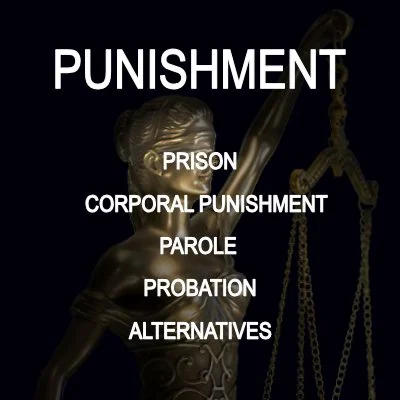By Amanda Wilson
Centering the perspectives and lived experiences of incarcerated persons, this article considers the ways food is used as a tool and site of contestation and possibility within federal prisons in Canada. Focusing specifcally on the implementation of and resistance to the Food Services Modernization Initiative, I explore food as “contested terrain” within carceral systems, making visible a range of tactics of resistance employed by incarcerated persons, from testimonials and ofcial complaints to direct collective action. In analyzing these actions and narratives, I refect on the importance of both food justice and prisoner justice to transforming carceral food systems and call for greater acknowledgment of carceral food systems within food movement discourses and campaigns.
Critical Criminology (2023) 31:83–104



